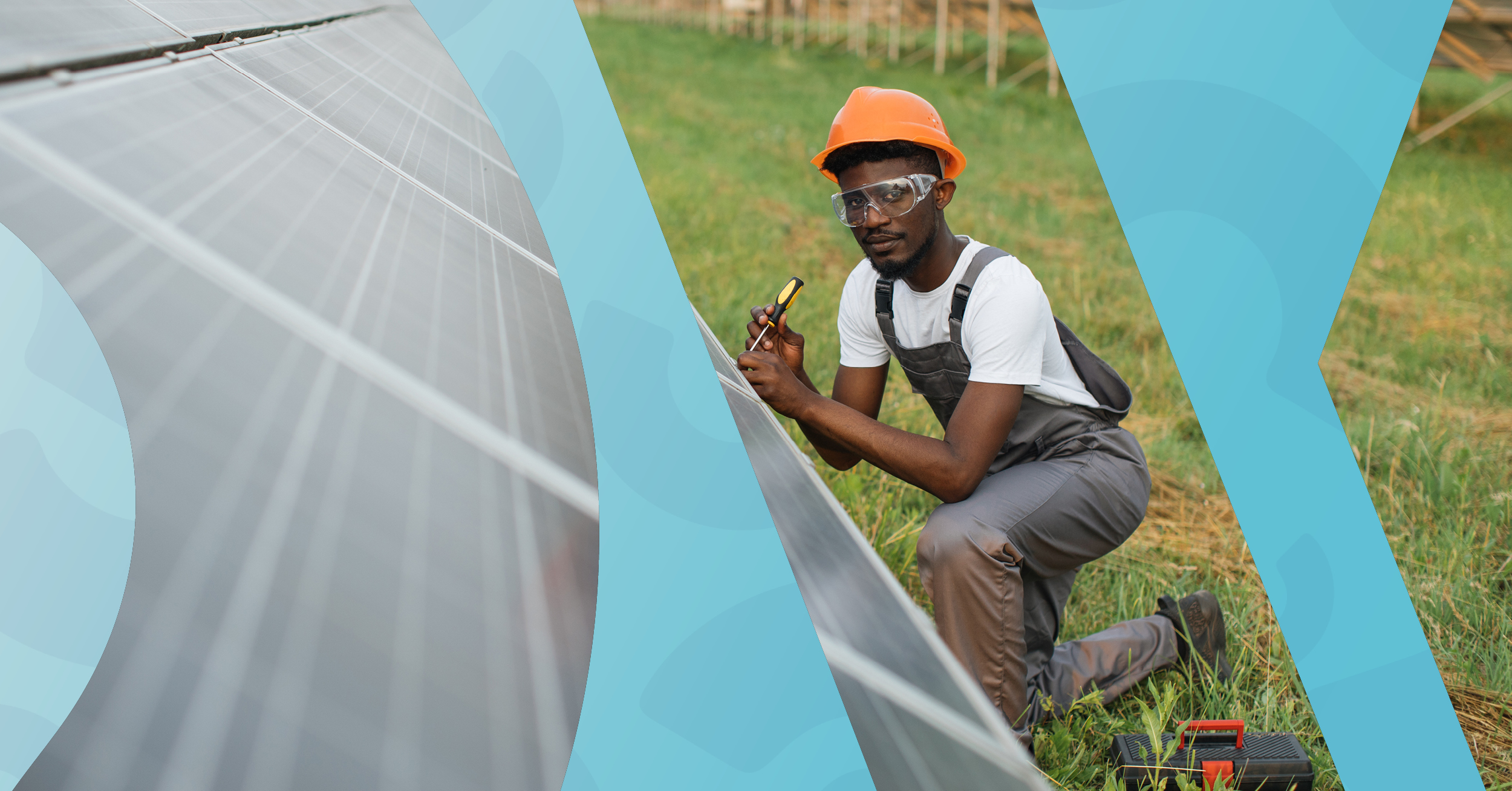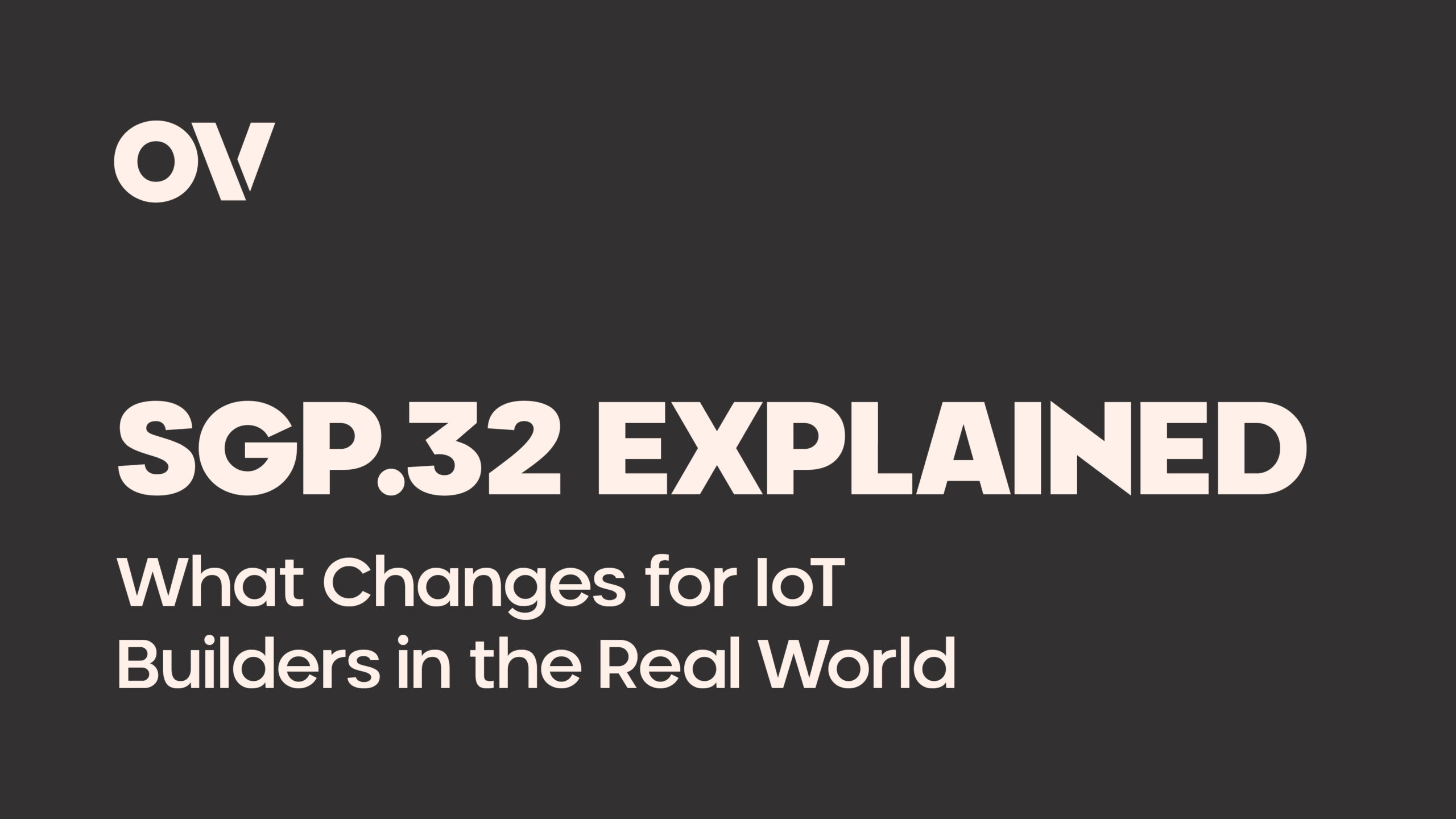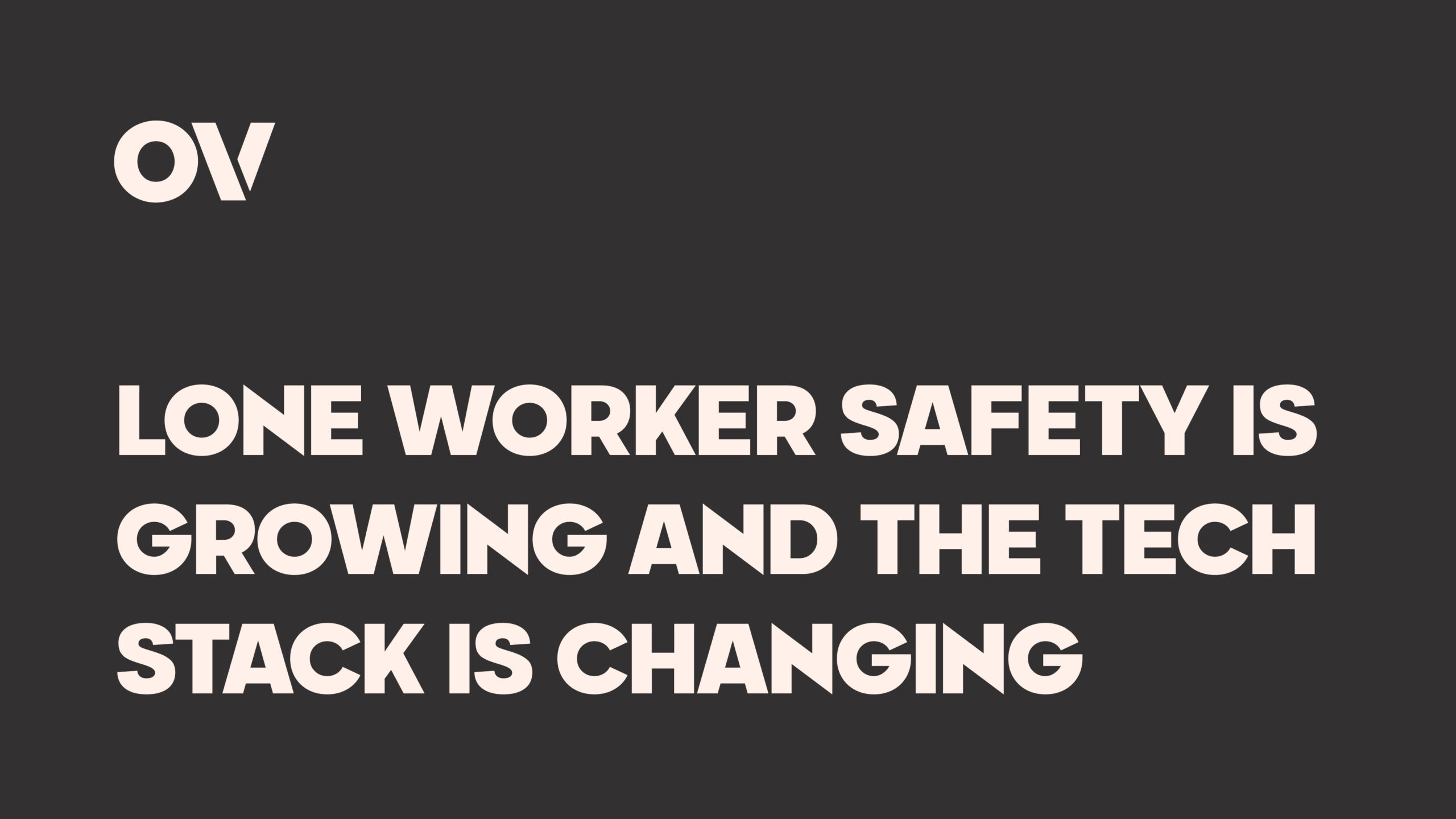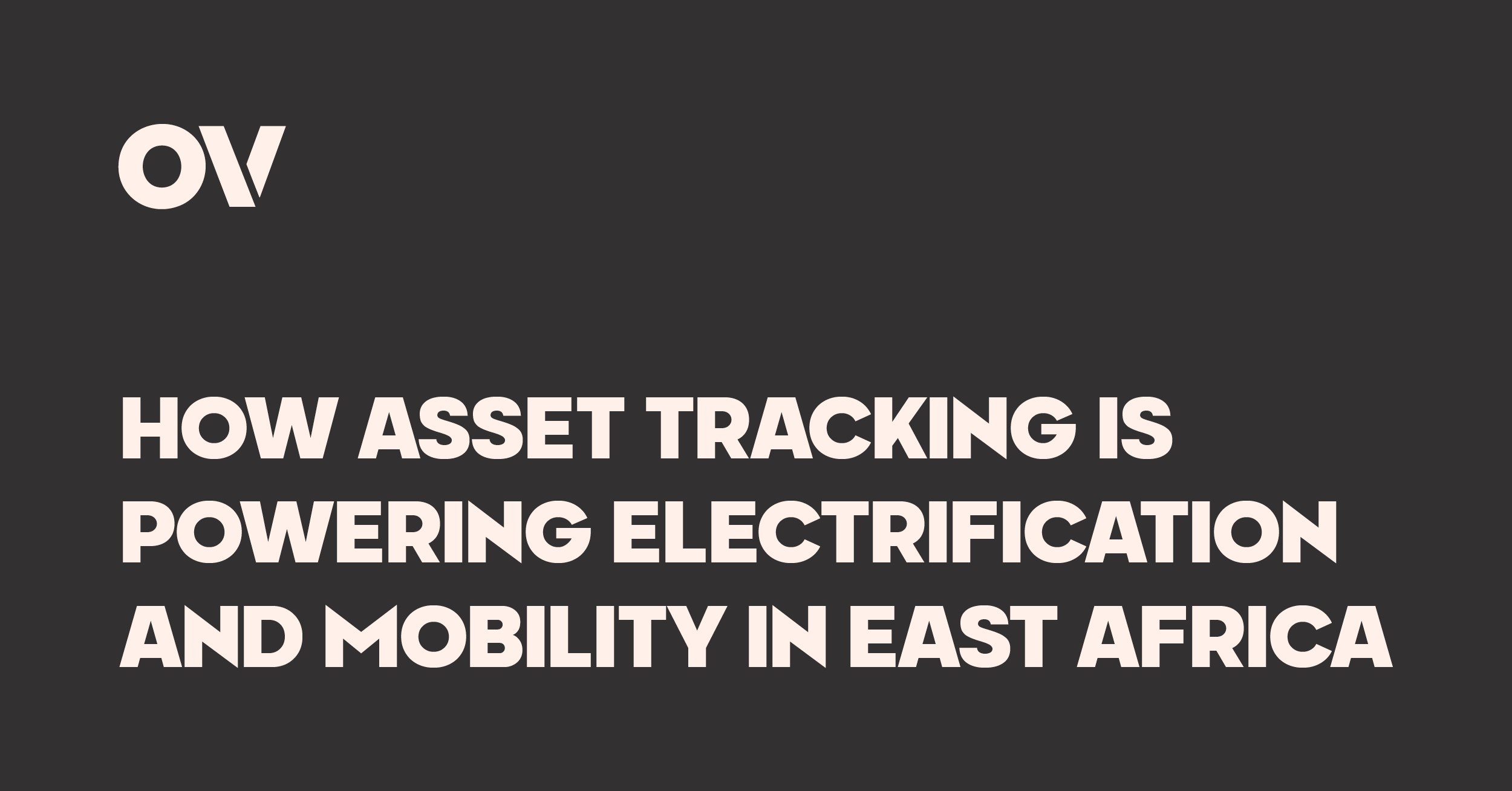The Internet of Things (IoT) technology serves as a bridge between the physical and digital world, providing substantial benefits for both industries and households. Globally, the advent of 5G networks is pushing the boundaries for faster, regionalised, and real-time feedback systems, essential for organisations embracing digital transformation. In the South African context, IoT holds particular significance for energy optimisation, a critical issue given the country’s ongoing energy crisis.
The Energy Crisis and the Surge of Alternative Power Sources
South Africa’s energy crisis is marked by persistent blackouts, pushing both home and business owners to seek smarter energy usage and conservation methods. The solar energy market has experienced significant growth over the past few years as a response to this challenge. Alongside solar power, diesel-powered generators have also gained popularity due to their lower startup costs despite higher ongoing expenses.
However, the real game-changer lies in the integration of IoT technology for energy management. Businesses require tools to manage energy consumption effectively, balancing multiple energy sources to optimise costs and maintain consistent uptime. This typically involves a mix of solar, grid, and generator power. IoT solutions can automate the management of these energy sources, turning off non-essential assets like air conditioners when not needed and balancing battery power with grid energy and diesel to ensure efficient usage.
IoT for Efficient Energy Management
IoT technology enhances energy management by enabling real-time monitoring and control of energy consumption. This includes tracking battery and diesel levels, switching between different power sources, and alerting users when levels are low. For businesses with facilities in remote areas, the ability to manage these levels off-site is crucial, as every minute of over- or underutilisation has cost or revenue implications.
Moreover, IoT solutions offer significant cost-cutting benefits for office spaces, especially with the altered consumption patterns post-pandemic. By ensuring efficient use of office space, companies can reduce unnecessary energy consumption and costs. Real-time monitoring of assets, combined with planned load shedding, allows for smarter remote monitoring of business operations through key alerts and outcomes.
ESG Benefits and Sustainability Goals
Beyond business continuity, IoT technology aligns with Environmental, Social, and Governance (ESG) goals. The increased use of diesel generators negatively impacts the environment, often conflicting with businesses’ ESG agendas. Improving the use of different power sources with IoT solutions can decrease diesel usage, promoting sustainability. This also opens the door to new approaches like virtual power wheeling, which supports the growth of sustainable energy solutions in South Africa.
Despite South Africa being slow on the uptake in IoT adoption compared to the global average, the rise of smart home technologies is likely to drive further adoption in the business sphere. Decision-makers are gradually recognising the need for a shift towards digital solutions. The region is on an upward trajectory, with the GSMA forecasting a doubling of cellular IoT connections over the last five years. As commercial models become more viable, IoT holds the promise of addressing region-wide challenges across key sectors, fuelling demand for innovative solutions.
OV: Leading the Charge in IoT Solutions
At OV, we stand at the forefront of this evolution, offering tailored IoT solutions that leverage the latest technologies to empower businesses across the continent. Our comprehensive offerings, coupled with local expertise, enable organisations to thrive in Africa’s dynamic markets. Connectivity is the cornerstone of groundbreaking innovation, and we are committed to making these technologies accessible to all businesses.
The challenges posed by South Africa’s energy crisis are driving the adoption of IoT technology, not as a hindrance but as a catalyst for digital transformation. IoT solutions are vital for enhancing energy usage, ensuring business continuity, and aligning with sustainability goals. As the region continues to embrace digitalisation, IoT stands as a powerful tool to navigate the energy crisis and pave the way for a more sustainable and efficient future.
Talk to a member of our team at OV today to discover how our IoT solutions can transform your energy management and drive your business forward.




